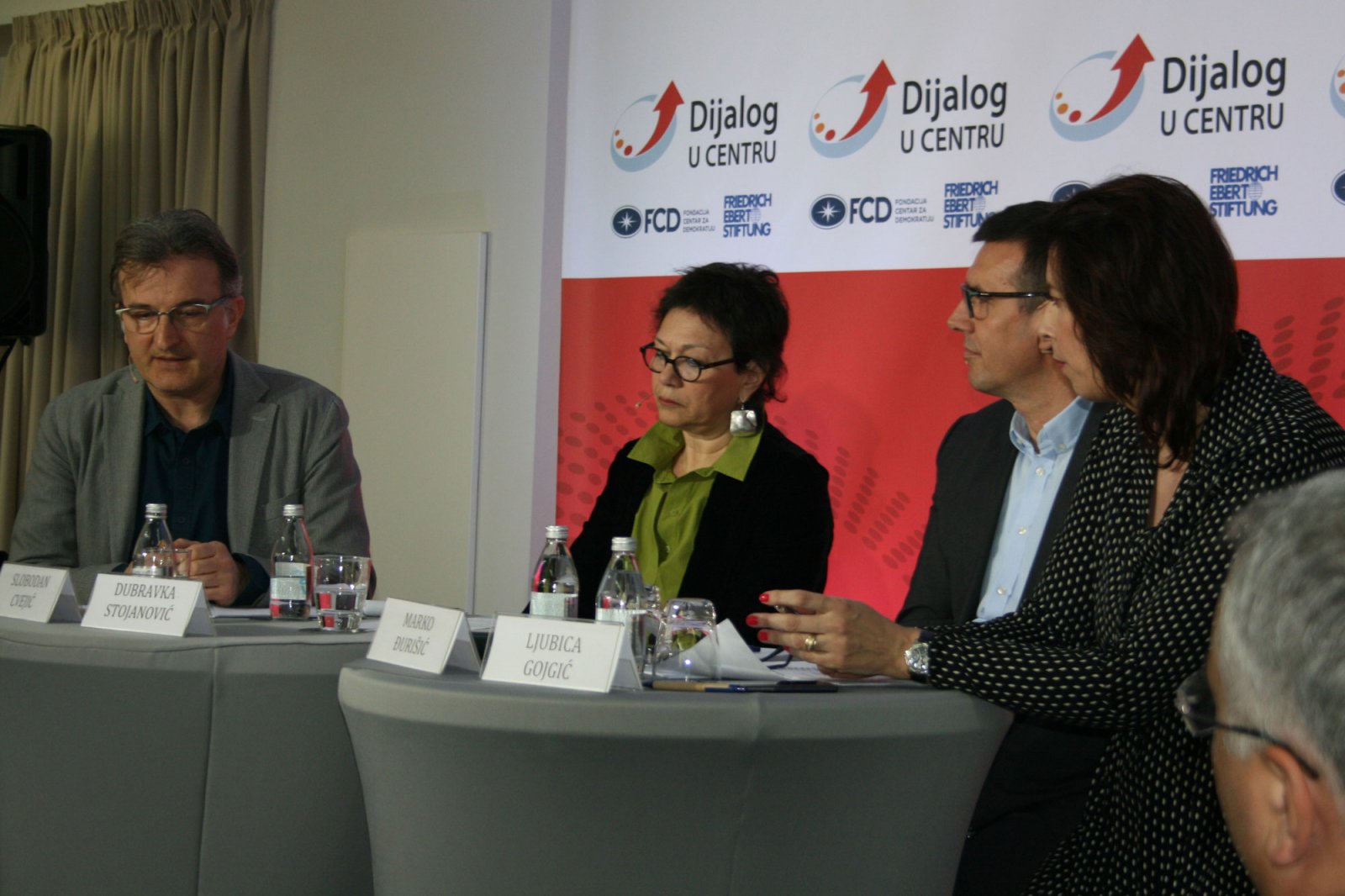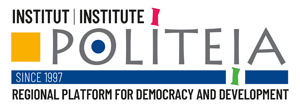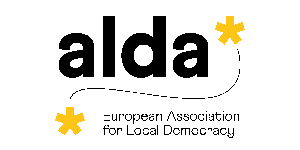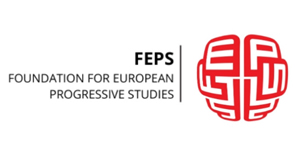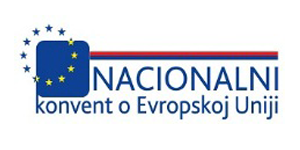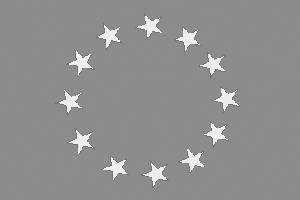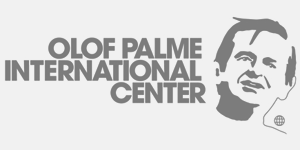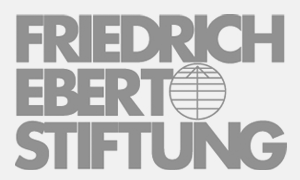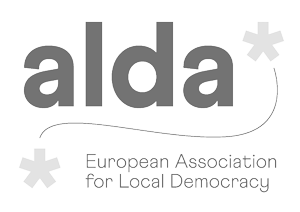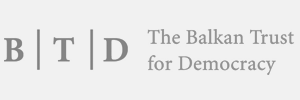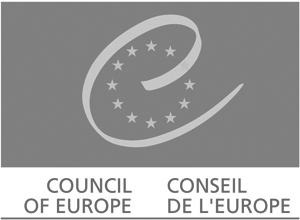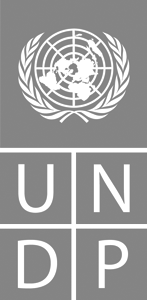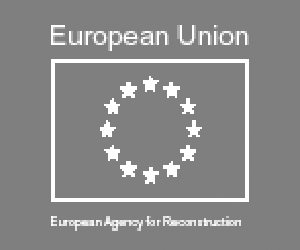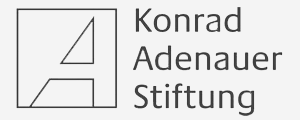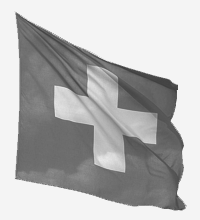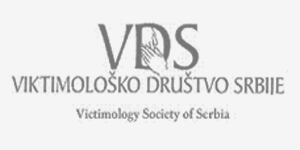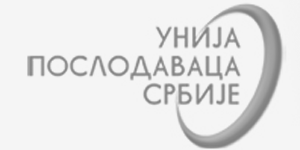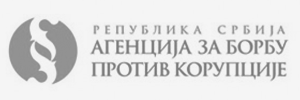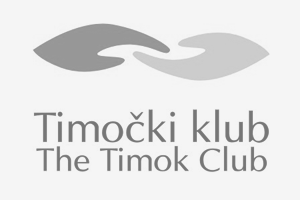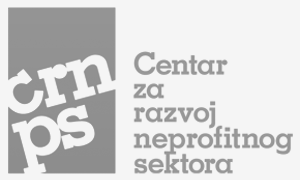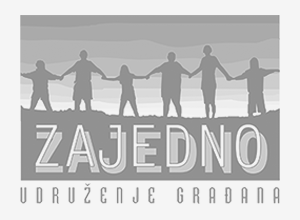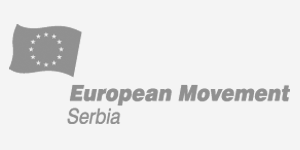Dialogue in the Center: How to Reach a Political Solution? - Civic protests as a reaction to a deficit of justice and weakness of institutions
Debate on topic “How to Reach a Political Solution? – Civic protests as a reaction to a deficit of justice and weakness of institutions“, was held on March 28, 2019 in Belgrade, within the project „Dialogue in the Center“, which is organized by the Center for Democracy Foundation and the Friedrich Ebert Stiftung.
This debate was held in order to discuss the ongoing protests and civic awakening spreading around Serbia, the resistance to an authoritarian model of governance, but also the unclear political profile of the protests and the attempts of their radicalization.
The debate was opened by Natasa Vuckovic, Secretary General of the Center for Democracy Foundation and Dr Max Brändle, Director of the Belgrade office of the Friedrich Ebert Stiftung.
“It is our wish to consider each occurrence in our society in such a way as to promote a dialogue and thus find a way to improve democratic processes”, said Natasa Vuckovic.
Dr Max Brändle expressed satisfaction with continuation of the successful cooperation between the Friedrich Ebert Stiftung and the Center for Democracy Foundation, and with its contribution to the enhancement of democratic processes in Serbia.
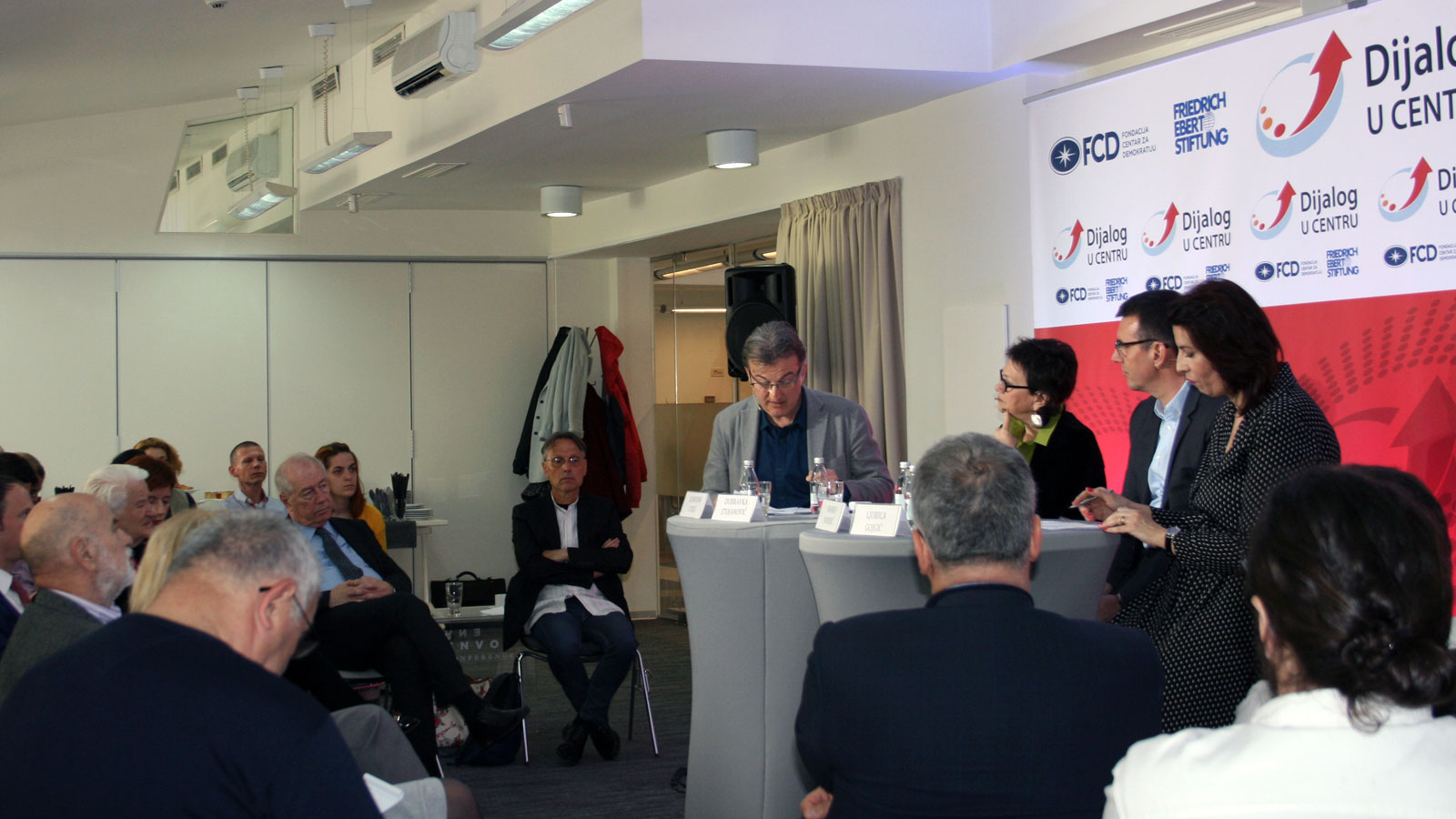
With the aim of directing the debate towards finding a “political solution”, several key questions were posed: How to “dress up” citizens’ demands, particularly regarding free elections, free media and the democratic functioning of institutions, especially parliament, into precise and realistic political demands? Should the boycott of institutions, which carries the danger rejecting a dialogue, be the means waging a political battle and on what terms? Is the opposition succeeding in guiding the demands of citizens towards achieving a political solution and materializing the goals of the protests? Is there a readiness amongst the opposition and protest organizers to allow diverging opinions and criticisms to be heard? How can the very real danger of populist organizations and movements, which clearly define themselves as anti-European, coming out as the victors of the protests be prevented?
The key speakers of the debate were Dubravka Stojanovic (Faculty of Philosophy), Slobodan Cvejic (SeCons) and Marko Djurisic (Member of the Parliament), while the debate was moderated by the journalist Ljubica Gojgic.
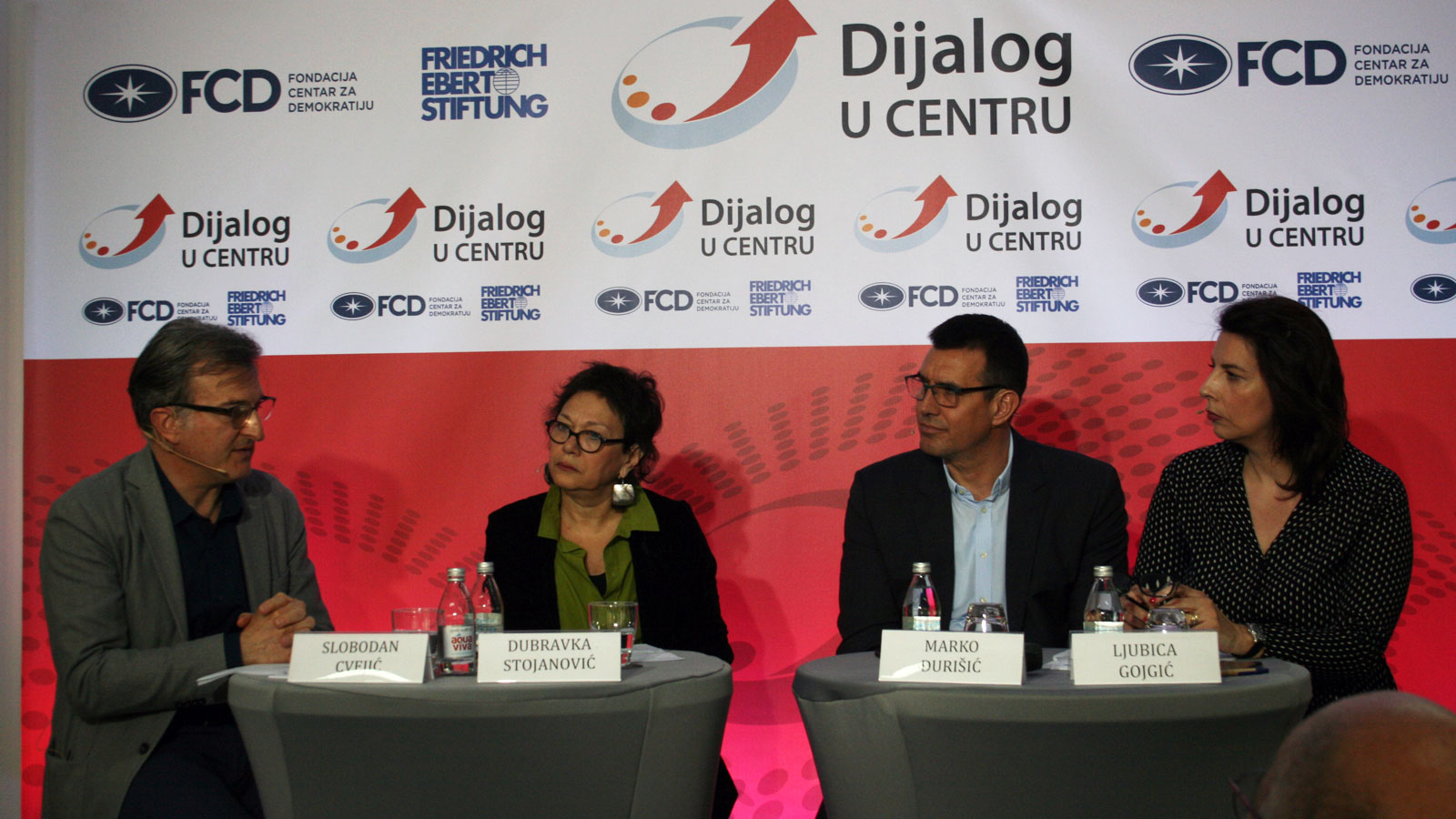
Slobodan Cvejic presented the key findings of the latest research of SeCons about the civic protests, quoting that the key motives for joining the protests are dissatisfaction with the unfree state of media, the lack of a solution for important issues such as unemployment, poverty, youth leaving the country, and the high level of corruption.
He emphasized that the highest expectations of the participants of the protests are for an increase of media freedom (61%), change of authorities (57%), more democracy (54%) and better employment and working conditions (37%).
According to the research findings, the protests are directed against stabilocracy and the establishment (which encompasses both the government and opposition).
Cvejic said that participants of the protests have very low trust towards institutions. Nongovernmental organizations received the most trust of the citizens, according to the research, while the least trust is directed at the government, parliament, the judicial system and political parties.
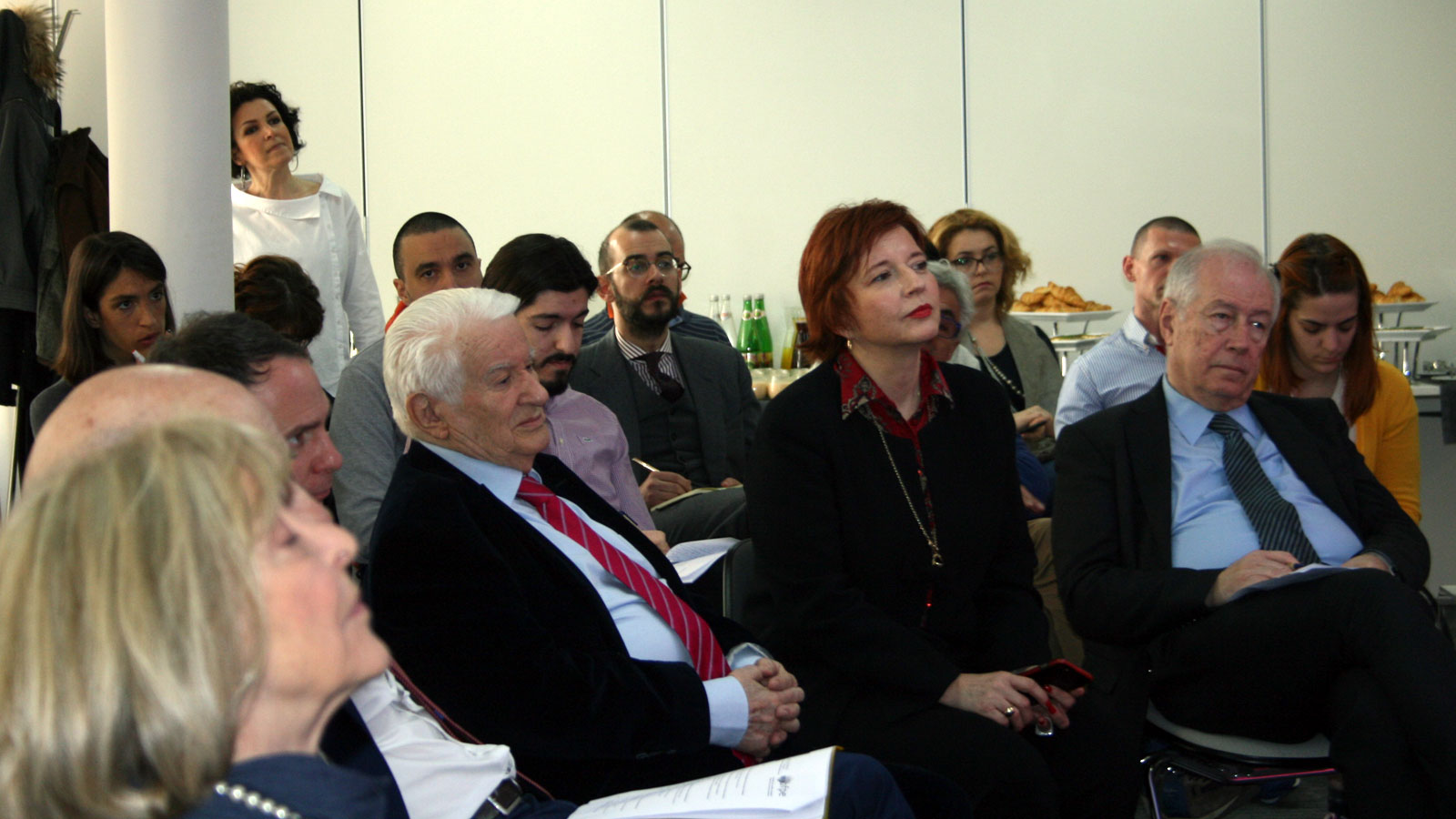
Dubravka Stojanovic emphasized that the academic community, although it has several dilemmas regarding the protests, understood the message of the participants of the protests relatively early.
She evaluated that this regime is the most heavy-handed and brutal in violating democratic rules and procedures, citizens’ freedoms, the rule of law, when compared to all previous regimes, with the exception of communism.
Marko Djurisic pointed out that the biggest success of these protests lies in liberating citizens from fear of the regime.
He stated that the decision regarding the boycott of the parliament was neither simple nor unanimous, remarking that it was a risky choice to make but that there was nothing to be achieved by participating in the work of the parliament.
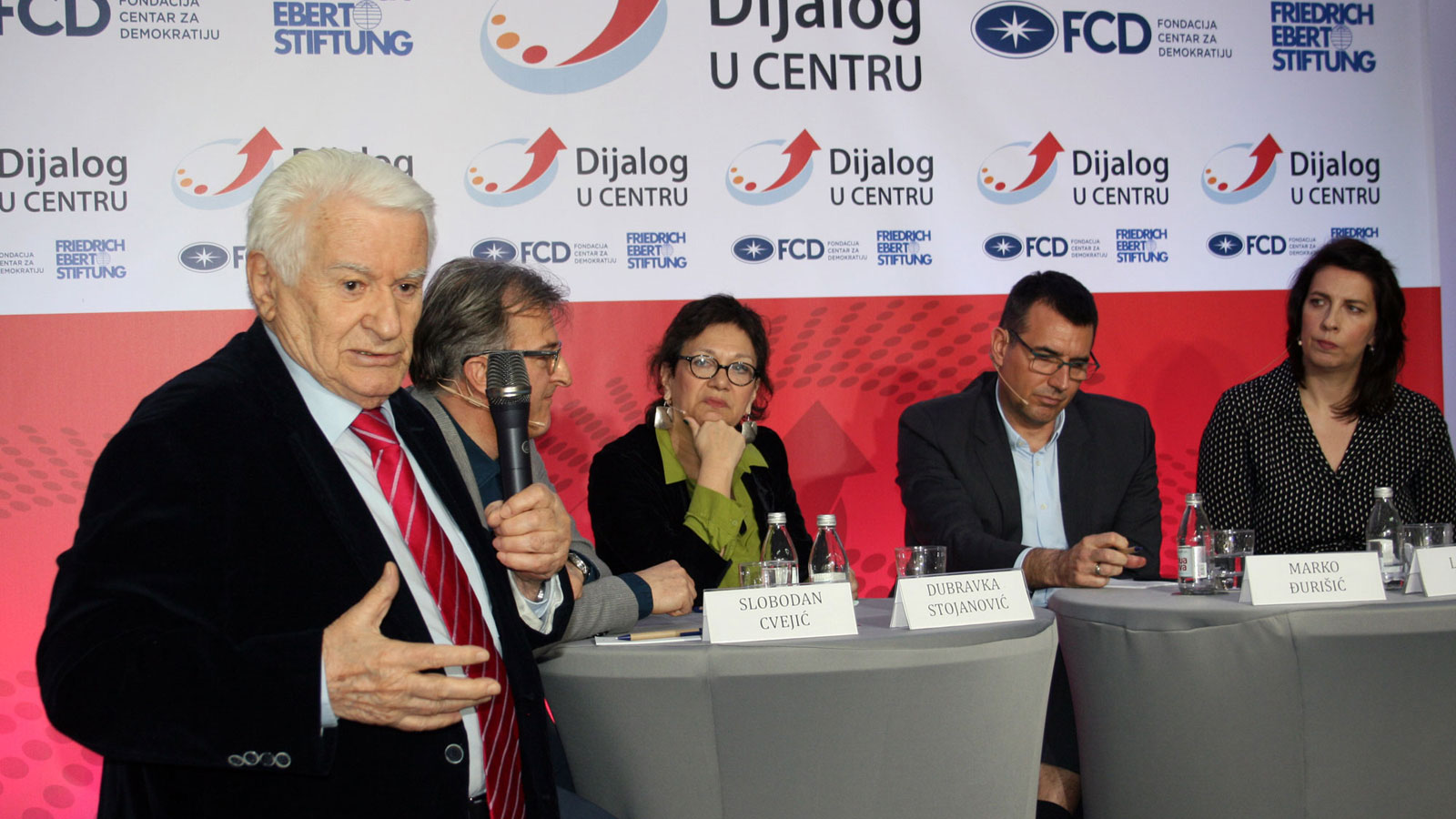
Dragoljub Micunovic (The President of the Management Board of the Center for Democracy) assessed that democracy is in jeopardy all around the world, and that it finds itself without enough friends willing to take a stand in its behalf.
He stated that the boycott of the parliament is not a good solution because it erodes the institution of parliament, and every MP has a responsibility to those by whose will they were delegated to that position.
Micunovic emphasized that a dialogue and the defense of institutions are necessary, as well as public control, because institutions control the misconduct of the government, they protect against the tyranny of the majority, abuse of authority, and they guarantee the equality and independence of the three branches of government.
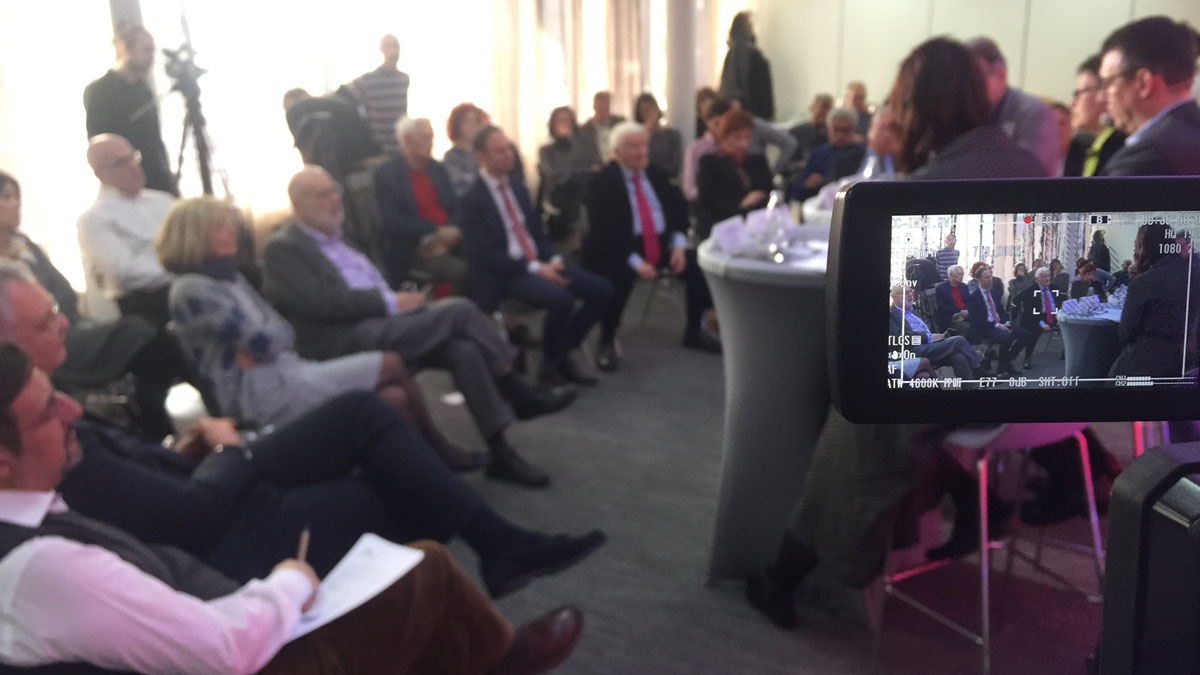
Center for Democracy Foundation
Video
Dialogue in the Center: How to Reach a Political Solution? - Civic protests as a reaction to a deficit of justice and weakness of institutions
PUBLICATIONS
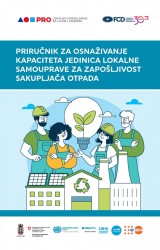 Manual for Strengthening the Capacities of Local Self-Government Units for the Employability of Waste Pickers
Manual for Strengthening the Capacities of Local Self-Government Units for the Employability of Waste Pickers
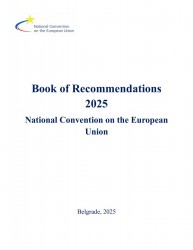 NCEU Book of Recommendations 2025
NCEU Book of Recommendations 2025
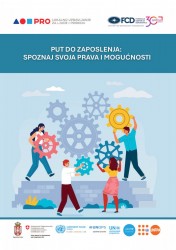 Manual “The Path to Employment: Get to Know Your Rights and Opportunities”
Manual “The Path to Employment: Get to Know Your Rights and Opportunities”
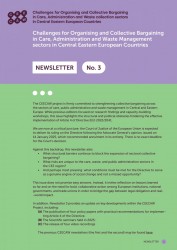 Challenges for Organising and Collective Bargaining in Care, Administration and Waste collection sectors in Central Eastern European Countries
Challenges for Organising and Collective Bargaining in Care, Administration and Waste collection sectors in Central Eastern European Countries
 Public Policy Proposals – Collective Bargaining (CEECAW)
Public Policy Proposals – Collective Bargaining (CEECAW)
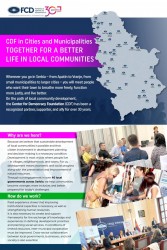 CDF in Cities and Municipalities: Together for a Better Life in Local Communities
CDF in Cities and Municipalities: Together for a Better Life in Local Communities
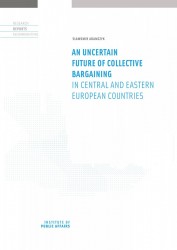 Comparative reports on collective bargaining - CEECAW
Comparative reports on collective bargaining - CEECAW
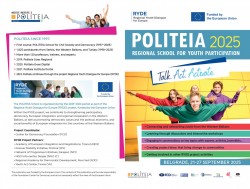 POLITEIA – Regional School for Youth Participation 2025 (leaflet)
POLITEIA – Regional School for Youth Participation 2025 (leaflet)
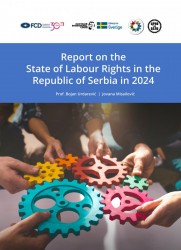 Report on the State of Labour Rights in the Republic of Serbia in 2024
Report on the State of Labour Rights in the Republic of Serbia in 2024
 Unlocking Collective Bargaining Power in Three Sectors: A Call to Action
Unlocking Collective Bargaining Power in Three Sectors: A Call to Action
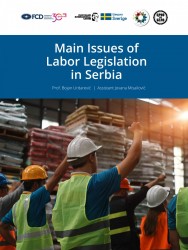 Main Issues of Labor Legislation in Serbia
Main Issues of Labor Legislation in Serbia
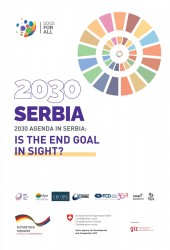 New Monitoring Report by the “SDGs for All” Platform: Is the End Goal in Sight?
New Monitoring Report by the “SDGs for All” Platform: Is the End Goal in Sight?
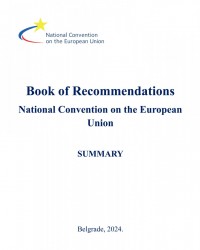 NCEU Book of Recommendations 2024 (Summary)
NCEU Book of Recommendations 2024 (Summary)
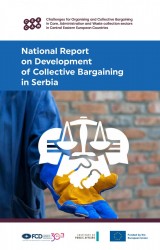 National reports on collective bargaining in Serbia - CEECAW
National reports on collective bargaining in Serbia - CEECAW
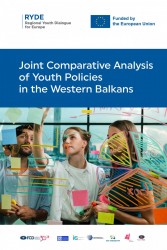 The Comparative Analysis of Youth Policies in the Western Balkans (WB)
The Comparative Analysis of Youth Policies in the Western Balkans (WB)
 Unlocking Collective Bargaining Power in Three Sectors: A Call to Action
Unlocking Collective Bargaining Power in Three Sectors: A Call to Action
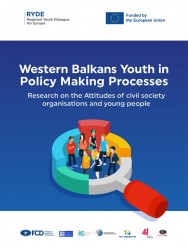 Western Balkans Youth in Policy Making Processes
Western Balkans Youth in Policy Making Processes
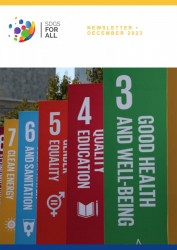 SDGs for All Platform newsletter (December 2023)
SDGs for All Platform newsletter (December 2023)


